
Virginia Rep. Jen Kiggans, (R-Second District)
by Dick Hall-Sizemore
Although I probably disagree with most of her policy stands, if I lived in her district, I would vote for Rep. Jen Kiggans (R-02) solely on the basis of her resistance to elevating Jim Jordan to Speaker of the House of Representatives. She not only voted against Jordan twice, but she supported the compromise proposal to expand the authority of the interim Speaker pro tempore. One of her Virginia Republican colleagues, Bob Good (Fifth District), firmly resisted that proposal because it would (gasp!) mean working with Democrats. Kiggans denounced “the chaos caused by the minority of the majority.”
Caveat: If she again ran against Elaine Luria, who served on the January 6 Commission, it would be an awfully tough choice. That area produces tough female politicians.

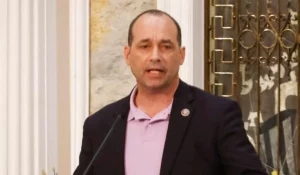

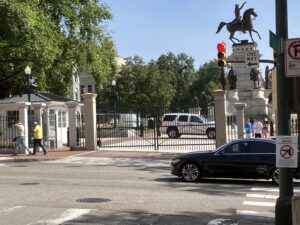


 by Dick Hall-Sizemore
by Dick Hall-Sizemore

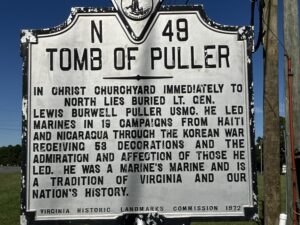


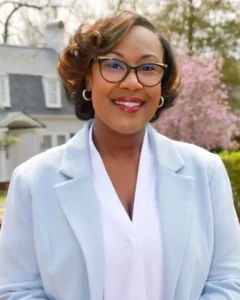
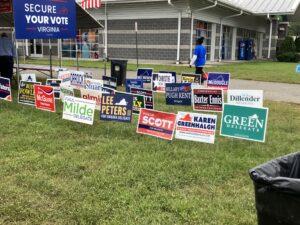
 by Dick Hall-Sizemore
by Dick Hall-Sizemore
 by Dick Hall-Sizemore
by Dick Hall-Sizemore by Dick Hall-Sizemore
by Dick Hall-Sizemore
